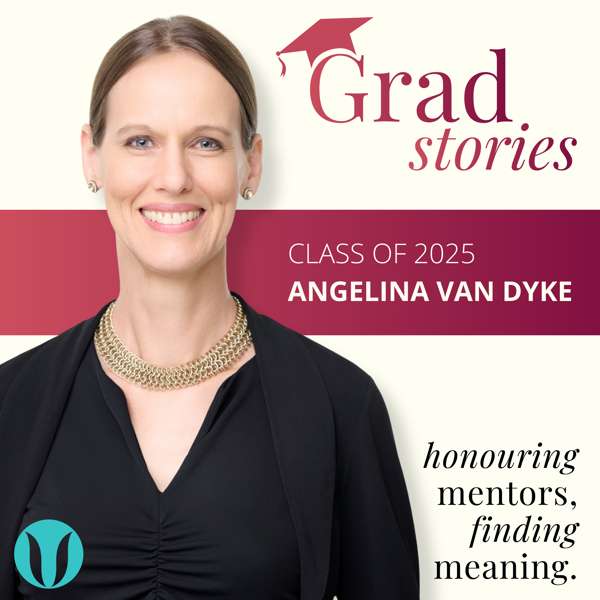In this month’s blog I wanted to reflect upon the experiences of a student who epitomises those who inspire the research into Singing for Health. Consent has been gained to share this story, and the student’s name has been changed.
The student is ‘William’, who first came to me for singing lessons after having experienced a stroke. In his words “I need some oxygen”.
William was 69 years old when he arrived for his first lesson, having suffered from a multitude of health ailments for many years. He had suffered several strokes and only recently re-gained the ability to walk, having developed the symptoms of Parkinson’s Disease due to an adverse reaction to combined medication.
He came into the studio with trepidation, explaining that he had been asked to leave school at 14 as he ‘wasn’t good enough’ so wasn’t comfortable with teachers. It soon became apparent that his struggle with reading and writing contributed to his reluctance to learn new songs or interact with physical music. Through exploration of songs that he remembers his parents listening to, we gently moved towards the possibility of finding out if there was any way of explaining his literacy difficulties. Later that year, he received his diagnosis and was finally able to find out that he was dyslexic.
Over nine years of regular lessons, we have moved through breath and body awareness, facial muscle work, range and flexibility, resonance, mobilisation through performance, recording an album, painting with watercolours, writing poetry and learning to play the piano. He has written and published two volumes of his autobiography and is currently finishing his third. He writes his story longhand, improving his mental stamina all the time, and I type up the final manuscript.
William had been diagnosed with dementia just before starting lessons. He was adamant that he should try to keep the brain working for as long as possible through new skills and experiences outside his comfort zone. His analogy was that of the apprentice and the master worker. A chimney sweep by trade, he had grown up around ‘the old ones’ who taught by doing and allowed the young apprentices to make mistakes and learn as they went along.
It has been a challenging and, at times, frustrating journey for both of us. A variety of mental health issues, the impact of covid on his regular interactions, and regular TIAs presented challenges in maintaining the positivity and progress that had been established. These were difficult months, but as William became an avid letter writer, he was able to continue some connection with the outside world when barriers presented themselves.
Each week William reminds me that singing is keeping him alive. Not only that, but he is also more active, has purpose and a routine of stretches, vocal exercises and songs that keep him focused. He attends the gym – singing as he works out – and feels as though he has been given a second chance. A gradual reduced medication level over the years he has been singing supports his thought that “we’ve saved the NHS a fortune, hen”.
Of course, William’s experience is anecdotal at best, as there is no control group against which to measure progress, no population from which to compare the data.
As a study, there are too many variables; he may be thriving from the regular interaction, a renewed sense of purpose, continued expectation, motivation, increased confidence, singing-based health benefits, or simply leaving the house. It is more realistic to conclude that he is benefitting from a combination of the above, resulting in a positive outlook and mindset.
Despite not being formally studied, the value of this experience is no less significant, and the chance to reflect on the human side of research is vital.
What can be measured is the increase in confidence in a man who thought his life was near the end. The happiness, drive, and satisfaction he gets from learning and achieving is clear. Singing was simply the gateway through which he found his zest for life again, and the joy this brings is immeasurable.





